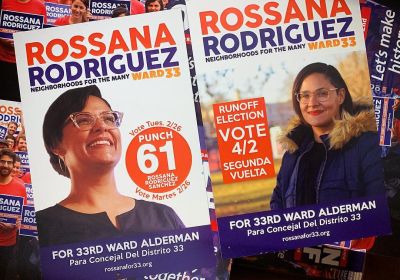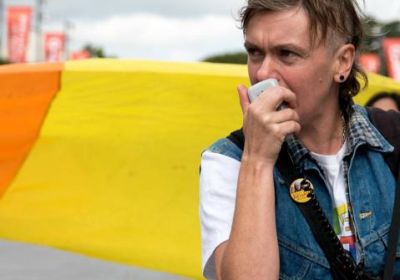
NSW Labor lost the March 23 state election with its small-target strategy, its refusal to challenge the privatisation agenda and its sly accommodation to racism.

NSW Labor lost the March 23 state election with its small-target strategy, its refusal to challenge the privatisation agenda and its sly accommodation to racism.

Green Left Weekly’s Susan Price spoke to Democratic Socialists of America (DSA) activist Isaac Silver following the announcement by United States Senator, Bernie Sanders that he will contest the 2020 US Presidential race.

Lead Socialist Alliance candidate for the Legislative Council in the NSW election Rachel Evans gave this speech to a Justice Action election forum on February 25.

Local government elections in Turkey will be on March 31. The Kurdish-led People's Democratic Party (HDP) is campaigning to win back municipalities whose HDP mayors were removed by the Turkish government of Recep Tayyip Erdoğan as part of a crackdown on the party.

Susan Price is the Socialist Alliance candidate for the seat of Parramatta in the March 23 NSW state election. She has been an active unionist and socialist for more than 20 years. Green Left Weekly’s Jim McIlroy asked Price about the Socialist Alliance election campaign, its aims and policies.